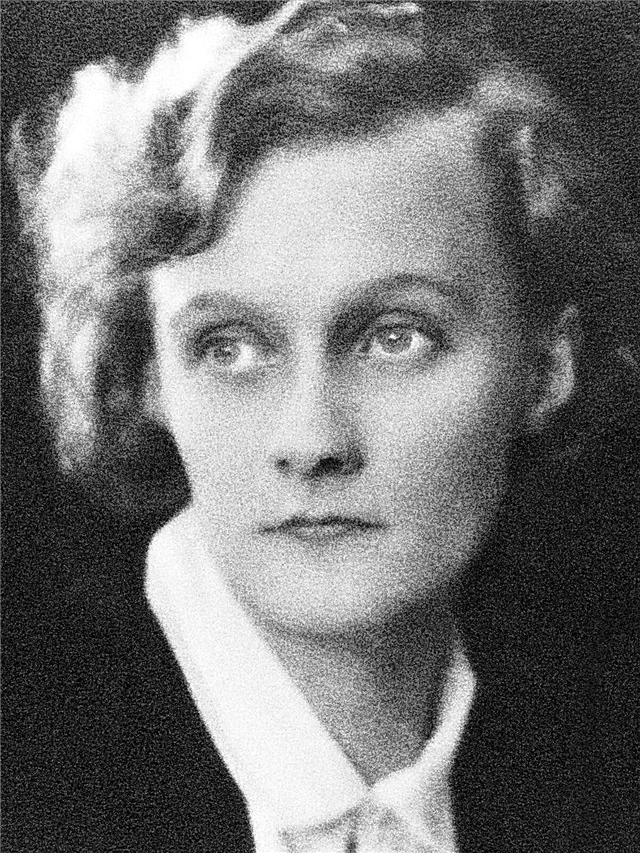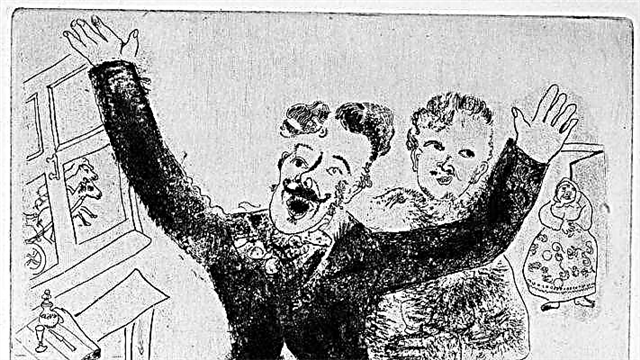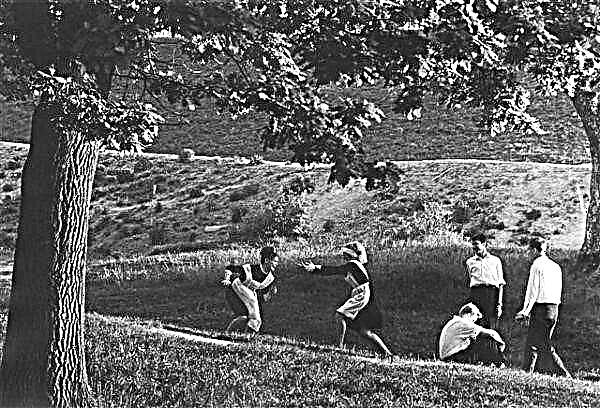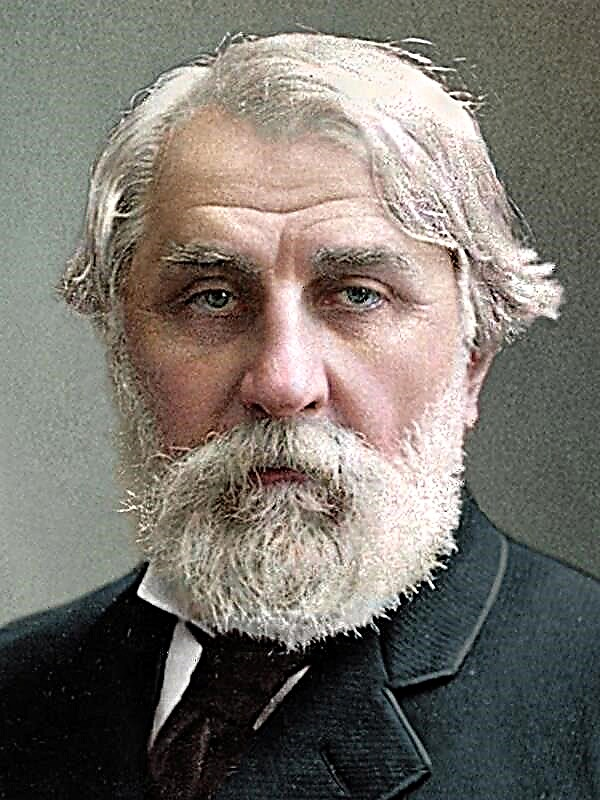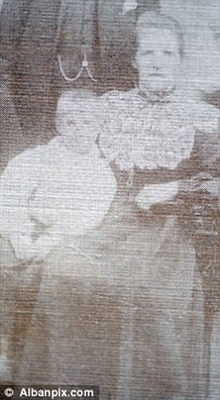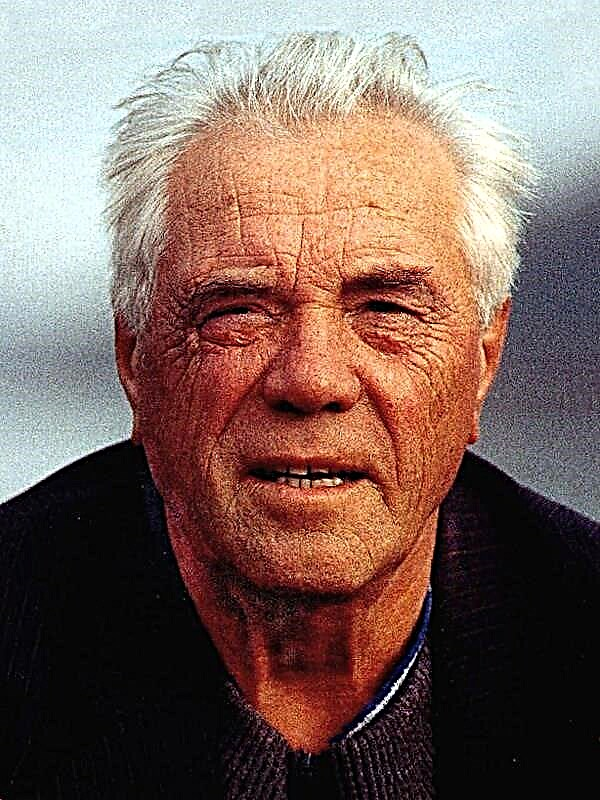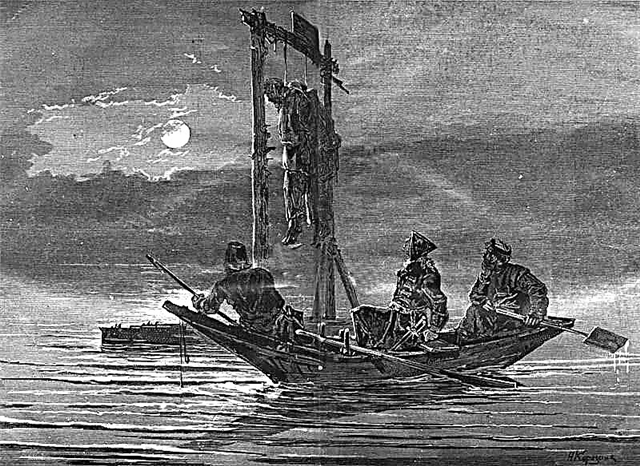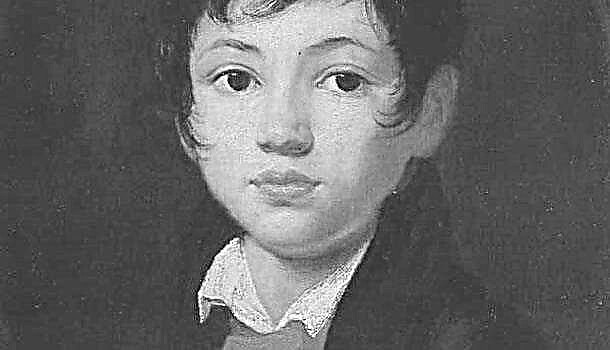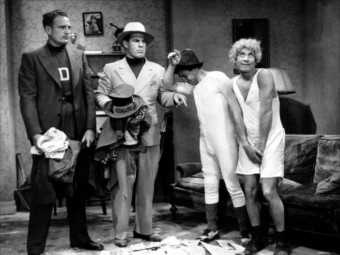The main character Roland Rami returns to civilian life after a few months of service in Morocco, where he took part in hostilities. In Paris, through the mediation of one of his army comrades, Rami becomes a member of a small group of young people who meet in the Montmartre region, who practice the art of living without bothering themselves. Like the other members of this group, Rami does not work eight hours a day at any enterprise and can manage his time independently. The next six months, not particularly, though, striving for this, Rami revolves in this society of free scammers.
Roland Rami is an amateur mathematician, so he spends several hours every day doing endless calculations that do not bring him a single sou. In addition, he sometimes writes articles for scientific journals. Once upon a time he had a break with his family, and the only relative with whom Rami still has a relationship is his uncle. He served in the colony for a long time, has a fair amount of capital, and monthly, in order to avoid the starvation of his nephew, lends him a certain amount of money.
After six months of his stay in Paris, Roland Rami is approaching a group of communists who are trying with great zeal to convince him to join the party and actively support the cause of the revolution. The leader of the group is a certain Aglares; his life, according to the stories of the poet Saxel, a friend of Rami, is riddled with secrets and unusual incidents. Aglares wears long hair, a wide-brimmed hat and pince-nez, which is attached to his right ear with a thick red cord. In general, he looks like an antediluvian photographer, and only a red tie on his neck indicates his modernist habits. Aglares gathered around himself a number of students and, having secured their support, brings under the revolutionary struggle as a whole the idea of prevailing in the world of a certain “irrational”, “unconscious” principle, verifying the correctness of the actions taken, including by himself, with the help of occultism.
Through the same group of “swindlers”, Rami gets acquainted with Odile, to whom she soon begins to experience something like a friendly affection. Odile is in the group as a friend of Louis Tesson, a man with an uneven character that everyone speaks of with some cautious admiration. This is a rough, bony type; once before, Odile even hated him.
At the request of Odile Rami writes an article on the objectivity of mathematics. The article is extremely favorably received among Aglarez. Aglares is delighted that he finally met a man who, in his opinion, discovered the infra-psychic nature of mathematics. From now on, he is even more actively trying to drag Rami into revolutionary activity.
After a while, Rami and Saxel visit the revolutionary occult sect of Mr. Muyard, where they are invited by one of Rami's acquaintances, a certain F., and where F.'s sister - Eliza, a medium girl, evokes the spirit of Lenin who had already passed away by then, who supposedly through she gives posthumous instructions to all adherents of her revolutionary theory. Saxel is subdued by the charms of Eliza and is diligently trying to convince the Aglarez group to join the Muyard sect. Saxel's enthusiasm, however, finds no support.
That very evening, when the question of joining a sect is discussed in detail at a group meeting, Oscar, the leader of the Montmartre company, kills Tesson, Odile's lover, who is his brother. The culprit of the crime was arrested on the same day, and with him several more acquaintances with him fell into the police. Rami himself manages to avoid arrest only thanks to a timely warning from one young well-wisher. Over the next few days, Rami searches unsuccessfully for Odile. His excitement is great, because she does not appear in her room. Two days after the crime, two policemen come to Rami's home and unceremoniously take away all his papers, the bulk of which are mathematical calculations and extracts from highly scientific publications.
With the assistance of Aglarez and one of their mutual acquaintances, Rami seeks to return to him all his records, as well as to remove any suspicions from himself and from Odile. Odile, deprived of the means of subsistence after Tesson's death and not enough self-confidence to go to work, leaves for her parents in the village. Rami, having lost her company, is depressed, but soon finds a way to return Odile to Paris: he decides to bring her as his wife, offering her a fictitious marriage. He really does not want to become her husband, because he is confident that he does not feel love. Roland convinces his uncle to double his maintenance in connection with his marriage, goes for Odile and, offering her his last name and modest wealth in exchange for simple friendly feelings, brings her back, thereby saving her from the hibernation and hopelessness of existence. Having signed, the young people continue to live separately and meet only several times a week, and Rami, unconsciously not believing in her right to happiness, gradually removes Odile from herself further and further.
During Rami’s absence in Paris, a coup d'état takes place in Aglarez’s group: Saxel is expelled from it, and on the leaflet discrediting the poet, along with other signatures, is the signature of Rami, who actually sees this paper for the first time. In addition, for the sake of expanding the influence of the group among the radical Parisians, uncleaned people, knowingly capable of meanness and betrayal, are admitted to its ranks. Such an unexpected turn of events contributes to the fact that for Roland Rami a certain period of political education ends, and he gradually moves further away from the Communists. The rally gets rid of the notion of itself as a mathematician, or rather, as a computer that constantly counts, and tries to "build" out of the wreckage of its vanity a new, more human refuge in which there would be a place and such a feeling as love to the woman. Odile the first confesses Rami in love. Rami, hoping to ponder his future life and understand himself, for several weeks goes with his friends to travel around Greece. There he finds the strength in himself to abandon his temptation to suffer constantly and, having looked into his soul, to understand that he loves Odile. Arriving in Paris, he still manages to regain Odile’s location, no longer fearing to be just a “normal” person, and begins to regard this condition as a springboard from which he can jump into the future.

